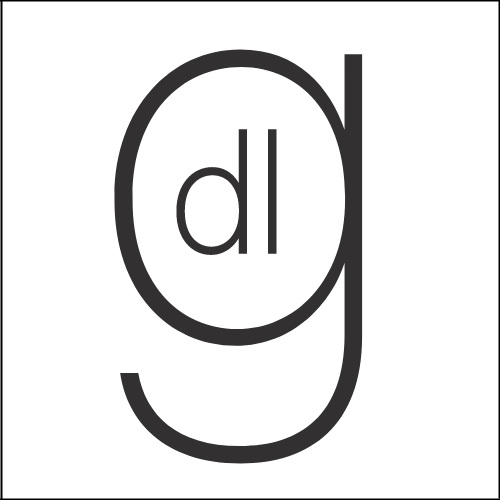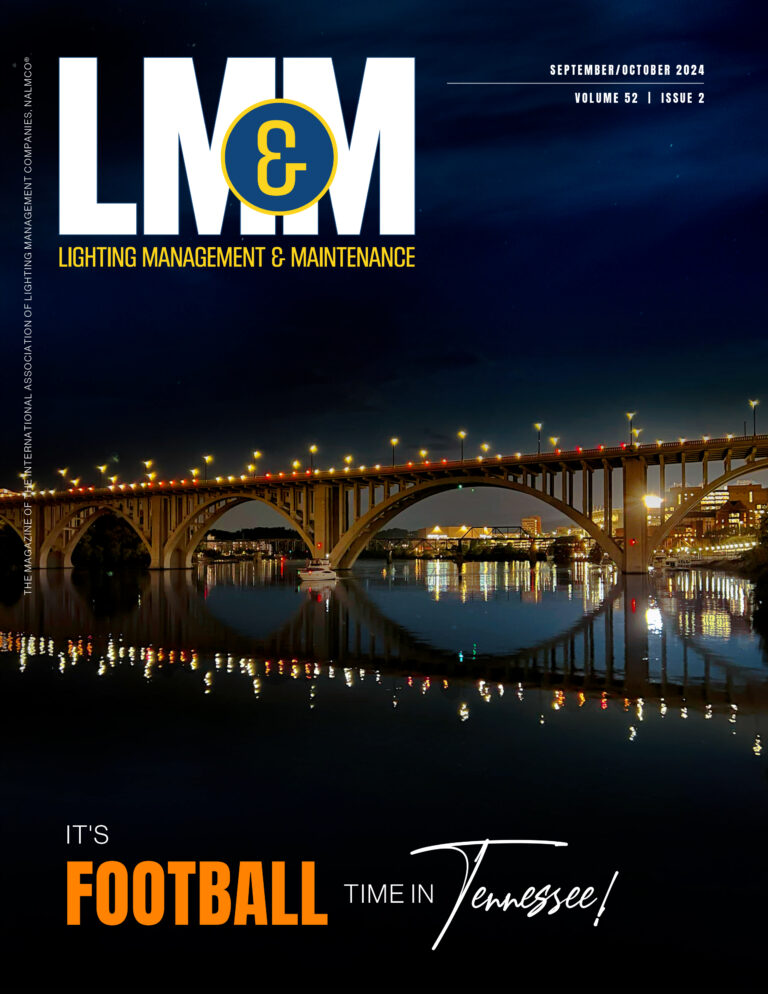M3, a small sportslighting startup is suing Hubbell for over $81M for not consummating their agreement. Co-founders Joe Casper and Christopher Nolan were the leaders behind Ephesus Technologies which sold to Cooper in 2015. They formed M3 in OCT 2019.
According to the suit, M3. claims Hubbell exploited M3’s vulnerabilities as a small startup to enrich itself through misappropriation of trade secrets. The suit claims that Hubbell never intended to culminate a final deal and they induced M3 to terminate advanced negotiations with Hubbell competitors. The suit further claims, Hubbell broke its promises and breached its contractual duties. Despite its representations that ratification of an agreement was a formality and foregone conclusion, Hubbell abruptly and unexpectedly renounced the deal, abandoned negotiations, and refused to execute a fully negotiated agreement—but only after it had extracted all trade secrets from M3 and irreparably damaged the small startup company.
Your humble editor spoke to Joe Casper and he explained that Hubbell had access to this IP for a significant length of time, and still has access today. He explained, “Hubbell has the ability to exploit this technology which will give them a competitive edge against the same competitors who we were already negotiating with.” He also stated, “My hand is much weaker.”
The Deal:
According to the suit, Hubbell proposed to invest $2,500,000 for the purchase of M3’s “sportslighter” design, branding, and patent portfolio, pay for one year of engineering support for commercialization and advanced development, pay $1,200,000 for tooling to launch M3’s product design, and pay legal and patent fees of the current and future portfolio. Hubbell further proposed M3 would receive a 10% royalty based on net sales beginning at the time of commercialization, a 10% research-and-development royalty on net sales beginning at time of commercialization, and a payment to M3 of $1,200,000 to $2,500,000 per year for research and development starting in 2022.
Hubbell also proposed it would assume primary responsibility for manufacturing, sales, marketing, and application support of M3’s products, with M3 providing support on commercialization and sales.
According to the complaint, during the Hubbell negotiations, Hubbell required M3 to cease negotiations with three other companies. M3 claims they were close to reaching a $20M deal. By repeatedly proposing trivial changes to non-central terms, repeatedly assuring M3 the deal would be finalized any day, repeatedly representing executive knowledge and approval of the deal, and promising to repay M3 for costs incurred at Hubbell’s direction as a predicate to deal consummation, Hubbell successfully induced M3 to rely to its detriment on Hubbell’s promises.

Below are highlights of the M3’s claims:
Count I. Breach of Term Sheet, $15,450,000
M3 claims it honored its obligations and provided its designs, cost assumptions, sales model, and intellectual property portfolio to Hubbell, and it terminated active and nearly finalized negotiations with three of Hubbell’s competitors. Hubbell refused to pay the “upfront fee.”
Count II. Breach of Preliminary Contract, $15,450,000
Hubbell breached the Term Sheet by negotiating in bad faith and pushing costs to M3; its constant assurance that the Agreement was ready for signature only to move the date again and again; and, its unilateral decision to abandon negotiations. Hubbell used the Term Sheet to cause M3 to terminate negotiations with Hubbell’s competitors and to gain access to M3’s IP portfolio to gain access to trade secrets
Count III. Breach of Contract, $15,450,000
Hubbell directed M3 to do the following: (i) file international patent applications for its intellectual property portfolio; (ii) pay for tooling and prototypes; (iii) pay for marketing, (iv) procure production material, and (v) hire a specified employee. Hubbell further told M3 that, if M3 filed international patent applications and paid for retooling and prototypes, Hubbell would reimburse M3 for these expenses.
Count IV. Breach of Good Faith, TBD
Hubbell did not negotiate in good faith, and it never intended for the negotiations to conclude with ratification of the Agreement. Hubbell used the NDA, Term Sheet, and other oral promises—including promises to repay M3 for expenses incurred at Hubbell’s direction and for its benefit—to acquire M3’s designs, cost assumptions, sales model, and intellectual property portfolio, freeze M3 out of the marketplace, deplete M3’s financial resources, and refine development of prototypes.
Count V. Breach of Oral Contract, $4,700,000
After execution of the Term Sheet, Hubbell told M3 that M3 must file international patent applications for its intellectual property, M3 must pay for tooling, prototyping, and production procurement expenses, and must hire a specified employee.
Count VI. Interference with Business Relations, $30,000,000
Hubbell knew M3 was in advanced stages of negotiations, with deals nearly finalized, with three of Hubbell’s competitors. Hubbell never intended to consummate the deal, and used the NDA, Term Sheet, and other representations as an artifice to disrupt and destroy any prospect of M3 doing business with Hubbell’s competitors and any one of those deals would have been worth at least $20,000,000 to M3.
Count VII. Unfair Competition, TBD
Hubbell engaged in unfair competition by: disrupting and destroying M3’s ability to finalize deals with Hubbell’s competitors through protracted, bad-faith negotiation; and by acquiring M3’s designs, cost assumptions, sales model, and intellectual property portfolio so it could replicate same and put it to use for Hubbell’s exclusive benefit.
Count VIII. Unjust Enrichment, TBD
Hubbell has been unjustly enriched by the value of M3’s designs, cost assumptions, sales model, and intellectual property portfolio, which M3 no longer possesses exclusively, and which Hubbell now has the ability to replicate.
Count IX. Permanent Injunction
To the extent M3 may not have an adequate remedy at law, a permanent injunction will be necessary to ensure Hubbell does not misappropriate M3’s designs, cost assumptions, sales model, and intellectual property portfolio for its own commercial advantage and for profit.
In addition, M3 asks for punitive damaged to be determined at trial.
M3 requests a jury trial.






